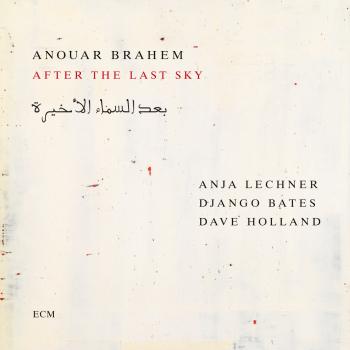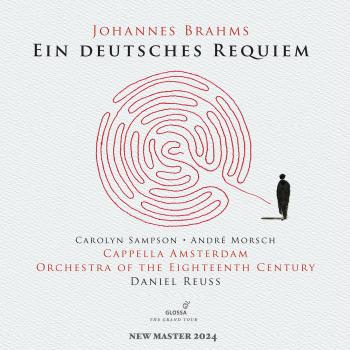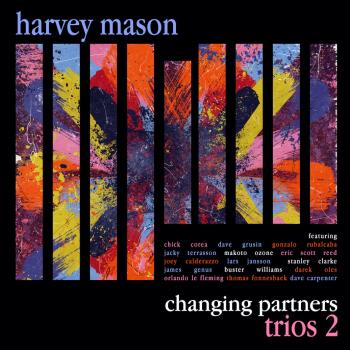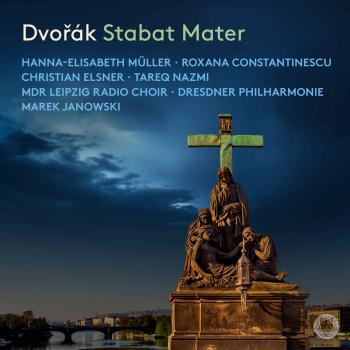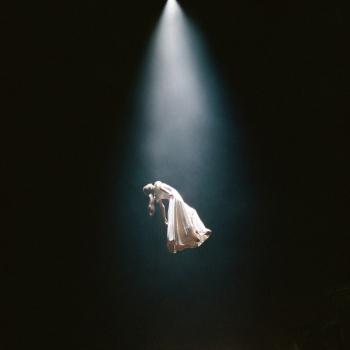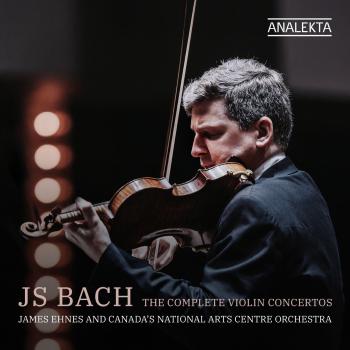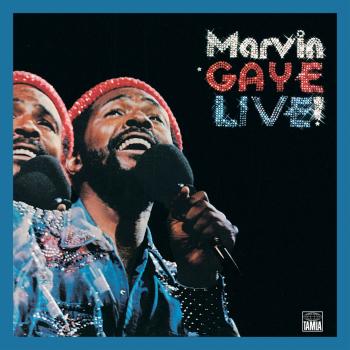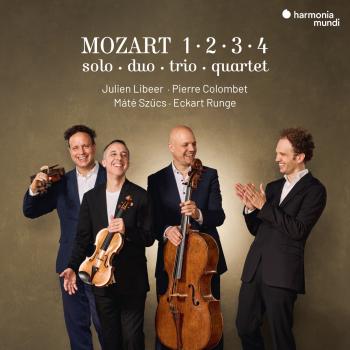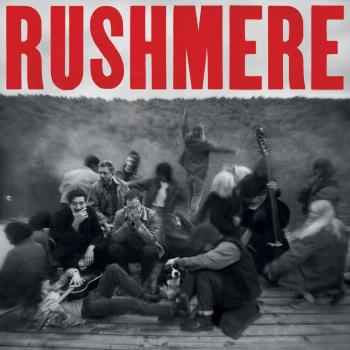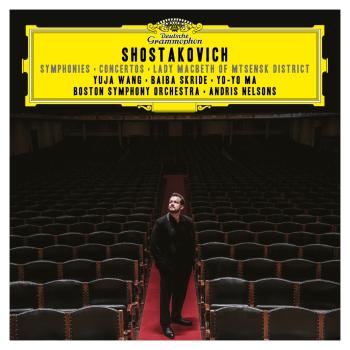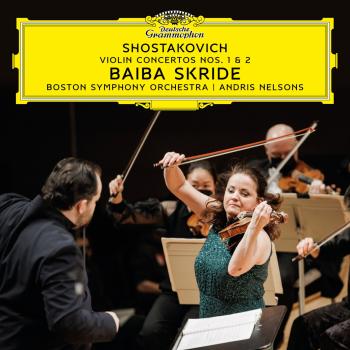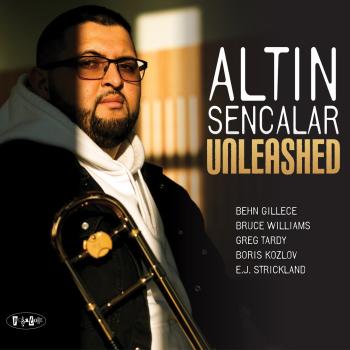
Mendelssohn: Overtures London Symphony Orchestra & John Eliot Gardiner
Album Info
Album Veröffentlichung:
2016
HRA-Veröffentlichung:
05.09.2016
Label: LSO Live
Genre: Classical
Subgenre: Orchestral
Interpret: London Symphony Orchestra & John Eliot Gardiner
Komponist: Felix Mendelssohn Bartholdy (1809-1847)
Das Album enthält Albumcover
Entschuldigen Sie bitte!
Sehr geehrter HIGHRESAUDIO Besucher,
leider kann das Album zurzeit aufgrund von Länder- und Lizenzbeschränkungen nicht gekauft werden oder uns liegt der offizielle Veröffentlichungstermin für Ihr Land noch nicht vor. Wir aktualisieren unsere Veröffentlichungstermine ein- bis zweimal die Woche. Bitte schauen Sie ab und zu mal wieder rein.
Wir empfehlen Ihnen das Album auf Ihre Merkliste zu setzen.
Wir bedanken uns für Ihr Verständnis und Ihre Geduld.
Ihr, HIGHRESAUDIO
- 1 'The Hebrides in D Major, Op. 26, MWV P7, Fingals Cave' 10:01
- 2 'Ruy Blas Overture, Op. 95, MWV P15' 07:17
- 3 'Meeresstille und gluckliche Fahrt (Calm Sea and Prosperous Voyage), Op. 27, Op. 27, MWV P5' 11:46
Info zu Mendelssohn: Overtures
Mendelssohn’s overtures include some of his most dramatic and colourful music. Here, LSO Live present a selection of his best-loved works, conducted by Sir John Eliot Gardiner and recorded as part of his acclaimed Mendelssohn symphony cycle. During a visit to the Western Isles in 1829 Mendelssohn wrote home that ‘in order to make you understand how extraordinarily the Hebrides have affected me, I have written down the following which came into my mind’. The ‘following’ was the opening ten bars of the Hebrides overture, a piece that stands as one of his most popular works. Its gently rolling melodic outline and atmospheric accompaniment surely conjuring as instant a vision of the sea as its composer could have hoped for. Overture Calm Sea and Prosperous Voyage is based on two poems by Goethe: Meeresstille (Calm Sea) and Glückliche Fahrt (Prosperous Voyage). The subject is not the smooth surface friendly to sufferers of seasickness, but rather the torpid, windless conditions which, in the age of sail, rendered a ship depressingly immobile. Goethe even refers to a ‘fearful and deathly stillness’, depicted by Mendelssohn in a sombre adagio, only sluggishly agitated by contrapuntal undercurrents. Though he was not the first to have been so moved by Goethe’s poems his treatment has become the best known. Originally tasked with writing an overture and a song for Viktor Hugo’s play Ruy Blas, Mendelssohn declined on account of what he considered its ‘detestable’ content. He later agreed only to write the song, but in the end relented, apparently piqued when it was suggested that he could not write the overture in the admittedly short time allowed. In the end, he turned it out in just three days. The result, as ever with Mendelssohn, is brilliant in manner and skilful in construction, though the carefree energy of much of it seems strangely at odds with the subject.
London Symphony Orchestra
John Eliot Gardiner, conductor
Keine Biografie vorhanden.
Dieses Album enthält kein Booklet

